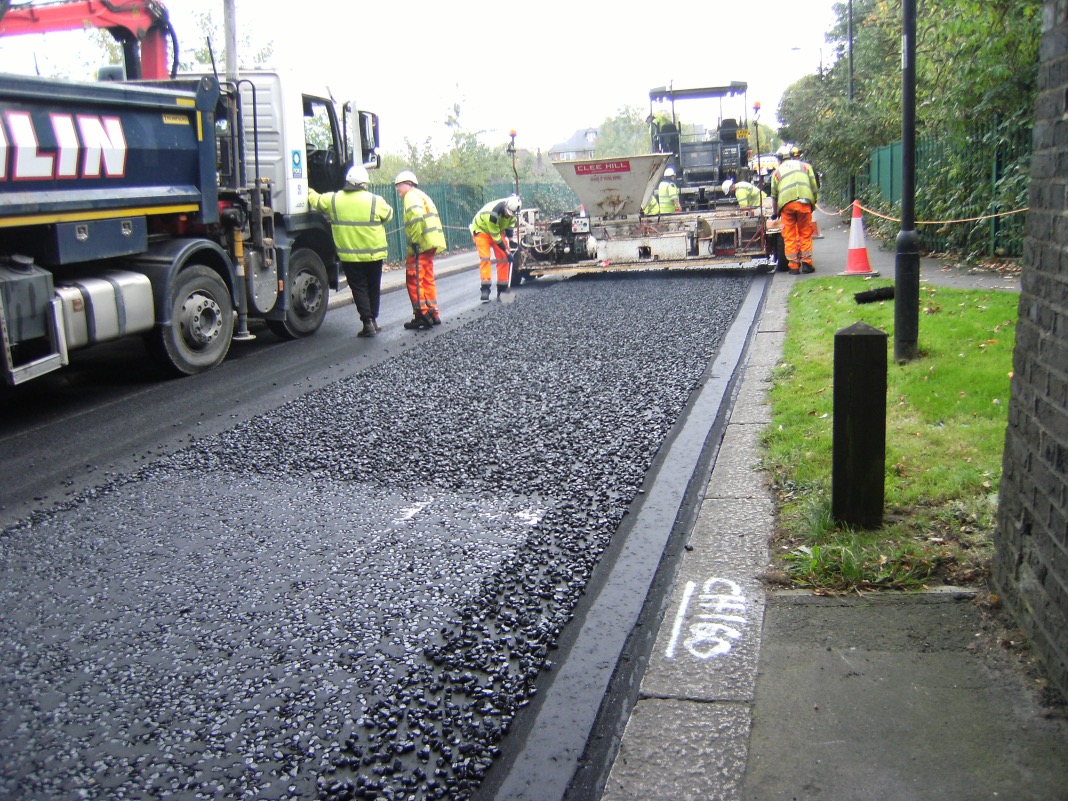
Despite Government’s plastic ban propaganda and crocodile tears concern mostly during election times, India still generates thousands of tonnes of plastic waste each day – 16th biggest plastic polluter. Discarded plastic waste litter on roads, rivers and also form huge mounds in garbage dumps, says CPCB, of this plastic waste 94% is thermoplastic, or recyclable materials such as PET (polyethylene terephthalate) and PVC (polyvinyl chloride). Yet, these materials can be recycled utmost 7-9 times, after which they have to be disposed off. Plastic accounts for 8% of the total solid waste generated in the country annually as per a report by The Energy and Resources Institute (TERI), with data from central pollution control board (CPCB).
It is common to find empty plastic bags and other type of plastic packing material littered on the roads and choking the drains. Due to its impermeability clubbed with non-biodegradability, it creates stagnation of water and associated hygiene problems besides reducing the fertility of the land. Waste plastic, mainly used for packing are made up of PE, PP, PS. Almost 18 million tons of plastic is being consumed annually, in which 50% is recycled and remaining 50% is littering the environment.
Bitumen has been known to be used as a binder for road construction. But performance of these bituminous binders is questioned time and again, given that they are brittle and hard in cold environments and soft in hot environments. The steady increase in high traffic intensity in terms of commercial vehicles and the significant variation in daily and seasonal temperature has led to increased demand for improved road characteristics. Any improvement in the property of the binder is the need of the hour.
Deficiencies of bitumen can be overcome by the addition of polymers for improving visco-elastic behaviour besides maintaining its own advantages. The addition of polymers typically increases the stiffness of the bitumen and improves its temperature susceptibility, but the addition of fresh/virgin polymers doubles up the bitumen cost and increase the total cost of road construction. Use of waste plastic in bitumen has revealed improved performance, stability, strength and fatigue life, reduction in overall rutting. Apart from solving the problem of waste disposal, addition of waste plastics in bituminous mix results in reduction in consumption of bitumen thereby resulting in overall cost reduction.
